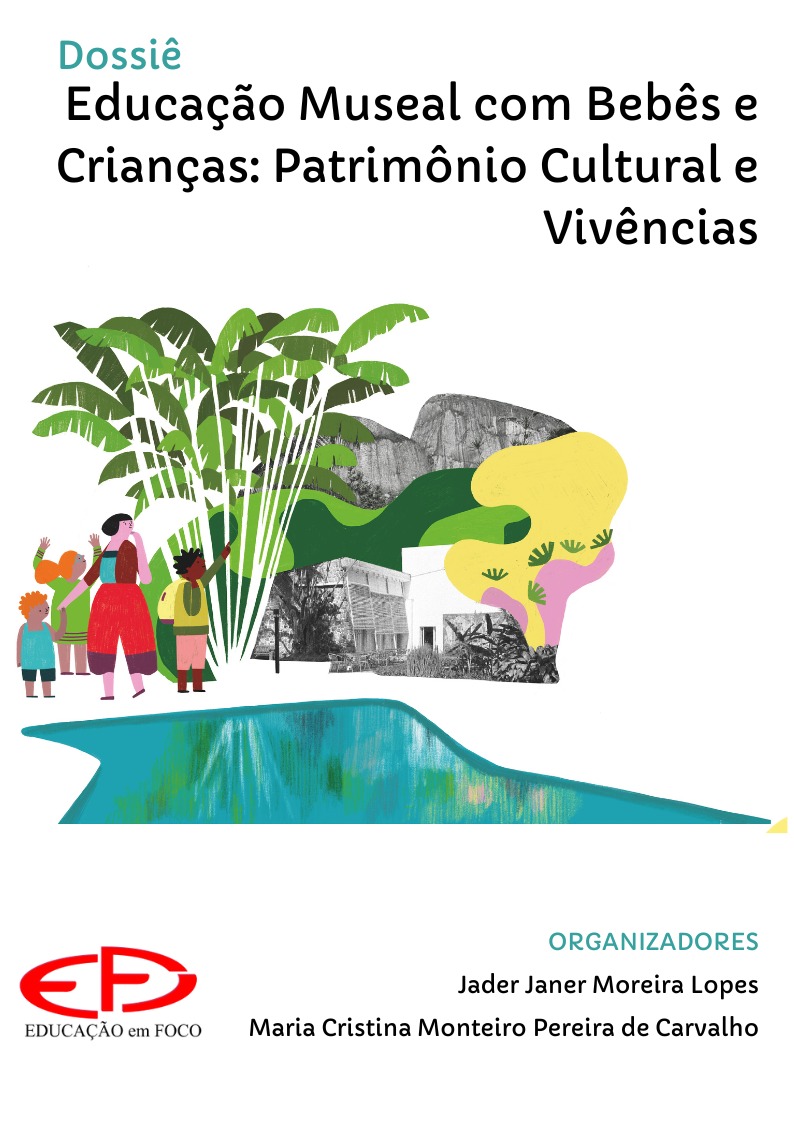CHILDREN AND SOCIAL MUSEOLOGY: SAFEGUARDING A CAIÇARA TERRITORY
SAFEGUARDING A CAIÇARA TERRITORY
DOI:
https://doi.org/10.34019/2447-5246.2025.v30.47516Abstract
This article narrates and reflects on the process of creating the Museu Vivo Caiçara da Praia Grande da Cajaíba, connecting it with key concepts in the field of social museology, such as heritage, safeguarding, and memory. It also contributes to the debate by incorporating perspectives on territory, cosmopolitics, and counter-coloniality. The museum's collection consists of materials produced about (and sometimes with) the community, aiming to inventory the cultural assets embedded in the ways of making and living inscribed in the bodies and territory of the community. The museum's curation involves the participation of children, young people, and elders engaged in a process of popular and museum education to defend their territory and memory. The thread connecting the narratives within the museum emerged from workshops with the community’s young people and children, in dialogue with Masters Altamiro, Dona Jandira, and Dona Dica, who are recognized for their traditional Caiçara knowledge and practices.
Downloads
Downloads
Published
How to Cite
Issue
Section
License
Ao submeter um artigo à revista Educação em Foco e tê-lo aprovado, os autores concordam em ceder, sem remuneração, os seguintes direitos à Educação em Foco: os direitos de primeira publicação e a permissão para que Educação em Foco redistribua esse artigo e seus metadados aos serviços de indexação e referência que seus editores julguem apropriados.

















